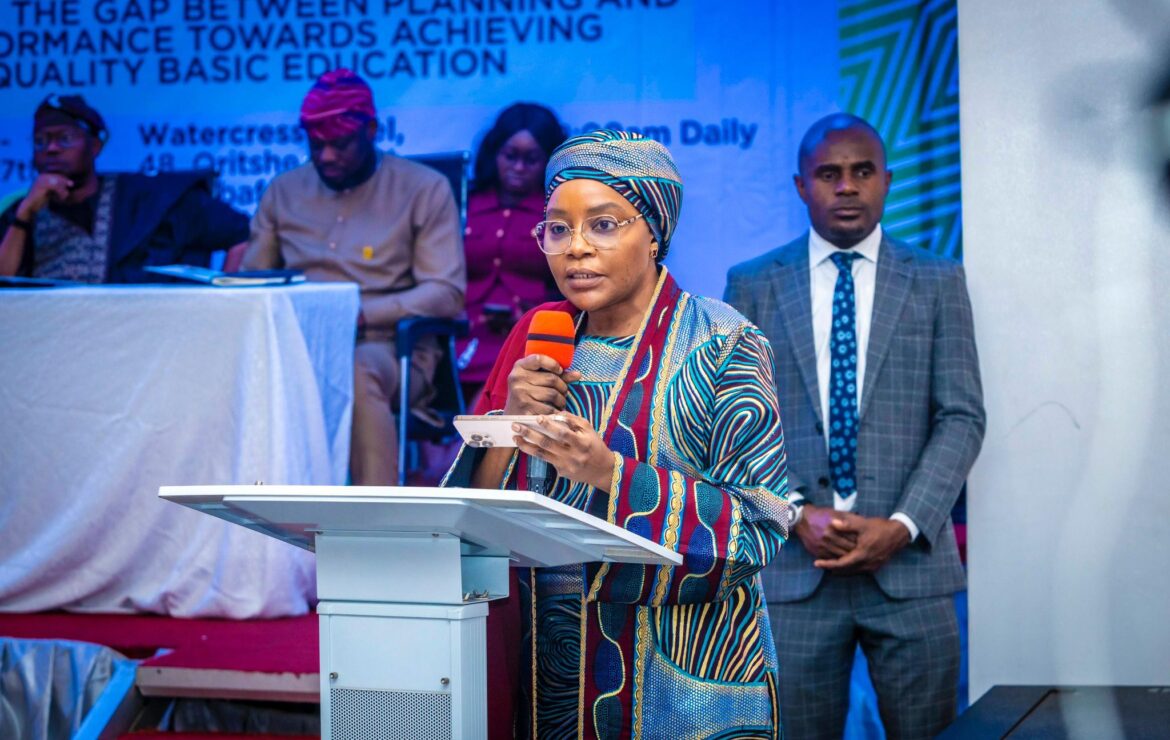UBEC Reaffirms Commitment to Quality Education, Highlights Key Reforms and Progress

UBEC Reaffirms Commitment to Quality Education, Highlights Key Reforms and Progress
The Executive Secretary of the Universal Basic Education Commission (UBEC), Aisha Garba, has reiterated the Commission’s dedication to closing the gap between planning and actual performance in Nigeria’s basic education sector, with the goal of ensuring access to quality education for every child.
Speaking at the 27th Quarterly Meeting of UBEC Management with the Executive Chairmen of the State Universal Basic Education Boards (SUBEBs), Garba commended the progress made so far but stressed that it is only the beginning of a larger transformation.
“While we acknowledge the progress recorded in reforming and repositioning the sector, we see these as first steps toward achieving greater impact,” she said.
She outlined some of the Commission’s recent achievements, including the revision of the UBEC matching grant formula to strengthen data-driven resource allocation, equity, and accountability. She also noted improved states’ access to financing, revealing that 27 out of 36+1 states had drawn from the N121 billion in previously un-accessed matching grants in 2024—an increase of 65 per cent.
Other milestones, according to her, include the overhaul of the two-decade-old Basic Education Action Plan (BEAP) to promote needs-based planning and speed up implementation; expansion of school infrastructure nationwide, with 4,900 classrooms built, 3,000 renovated, and 354,000 pieces of furniture supplied, directly benefiting more than 2.3 million learners in 2025 alone.
Garba also highlighted the launch of Nigeria’s largest teacher development programme, backed by a N22 billion investment in teacher training to boost teaching and learning outcomes. In addition, the Commission has digitised quality assurance monitoring, with over 500 officers trained to use real-time electronic monitoring tools.
She emphasized that while these reforms mark a significant turning point, sustaining them will depend on stronger accountability frameworks and effective performance management systems.
“These reforms represent meaningful progress, but we must consolidate them through greater accountability and stronger systems to truly deliver quality education for every Nigerian child,” she added






